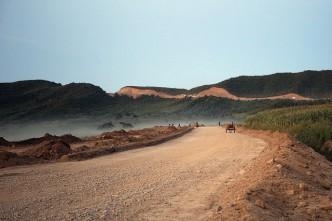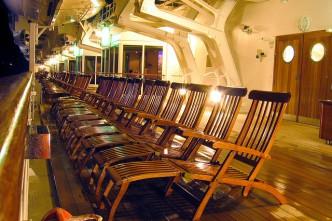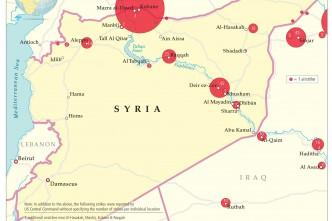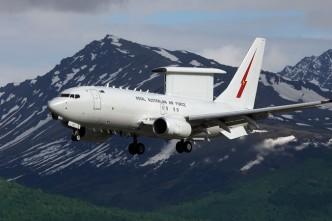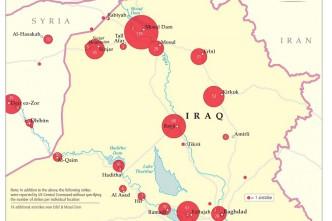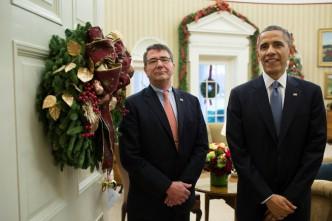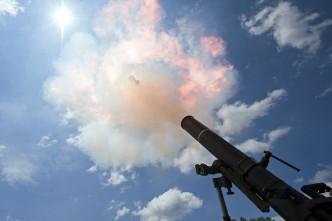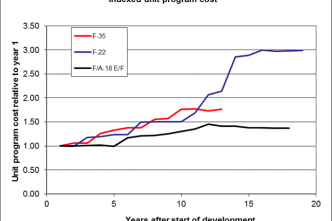Over the past few months North Korea has undertaken a large diplomatic effort. It has reached out to traditional opponents like the United States, Japan and South Korea. Contemporaneously, it has pursued a warmer relationship …
There’s been a wave of recent media and political commentary about the future submarine. The debate has tended to slide around the central question of whether or not to build them in Australia, and to …
A key part of the strategic jostling occurring in the Bay of Bengal involves India’s attempts to consolidate its role as the leading maritime power in the Bay. While British India absolutely dominated the Bay …
Yesterday the government made two announcements about naval shipbuilding. The first was its plan to fix the ailing Air Warfare Destroyer program. What emerged wasn’t the approach foreshadowed in the press a few months ago, …
It’s been a busy week in cyber for ASPI with two publications calling for enhanced cyber cooperation under the auspices of the US–Australia alliance. In the first, Preserving the Knowledge Edge, Stephan Frühling, James Goldrick …
Below is an extract from ASPI’s publication Strike from the air: the first 100 days of the campaign against ISIL. The international coalition has managed to degrade but not destroy the Islamic State of Iraq …
Last week ASPI published Preserving the knowledge edge: surveillance cooperation and the US–Australia alliance in Asia (PDF). This short and sharp Strategic Insight focuses on why the C4ISR relationship with the US in the Indo-Pacific provides such a critical …
Below is an extract from ASPI’s forthcoming publication Strike from the air: the first 100 days of the campaign against ISIL. Click here to register for the publication’s free launch event. The international coalition has …
The British Defence Secretary’s announcement of plans to develop a naval base at Bahrain may be confirmation that the United Kingdom’s policy as to the nature and extent of its overseas defence commitments is at …
My ASPI International Cyber Policy Centre (ICPC) colleagues have been quick off the mark in response to the Prime Minister’s recent announcement of the review into Australian Cyber Security. They warn against a ‘cautious audit …
Since late 2013, Beijing has been promoting its ‘Maritime Silk Route’ (MSR) initiative as a proposed oceanic complement to its various overland ‘Silk Route’ projects. Details remain sketchy, but the proposal appears to envisage a …
When I heard the successor to Chuck Hagel as ‘Sec Def’ was going to be Ash Carter, I couldn’t help but be a little interested. Carter is a friend and former dissertation committee member of …
Next Tuesday, ASPI will release the first publication of a continuing, open-source study of the coalition campaign against the Islamic State of Iraq and the Levant (ISIL). The report is an important part of ASPI’s …
Inadvertently, Fiji has done Australia a favour in the diplomatic duel over what the South Pacific future should look like. Granted, you have to work hard to find positives in the arid argument that has …
Kicking us off, War is Boring carries a piece on the ‘distressing and predictable’ effect of mortars used by state and non-state forces in Africa and the Middle East. Data collected over three years indicated …
The use of lethal robots in conflict is inevitable. When it happens, it’ll create a significant shift in the ways of warfare. A discussion has already begun (see here and here) on how such capabilities …
While the Australian Government has already made its decision to go ahead with procuring a total of 72 F-35 Joint Strike Fighters, there’s still cause to watch the progress of the development program. Australia will …
The Bay of Bengal has long been the poor cousin of the long Asian littoral. Thailand is often seen as one of the Asian ‘Tigers’, but Bangladesh, Myanmar and Sri Lanka missed out on the …
Last week, the New York Times reported that the post-2014 mission in Afghanistan is expanding, at least for US forces. The move ‘ensures American troops will have a direct role in fighting in the war-ravaged …
The Australian Security Intelligence Organisation often cancels the passports of suspected terrorists, and has increasingly done so to prevent Australians joining jihadist groups in Syria and Iraq. ASIO has issued adverse security assessments for more …
